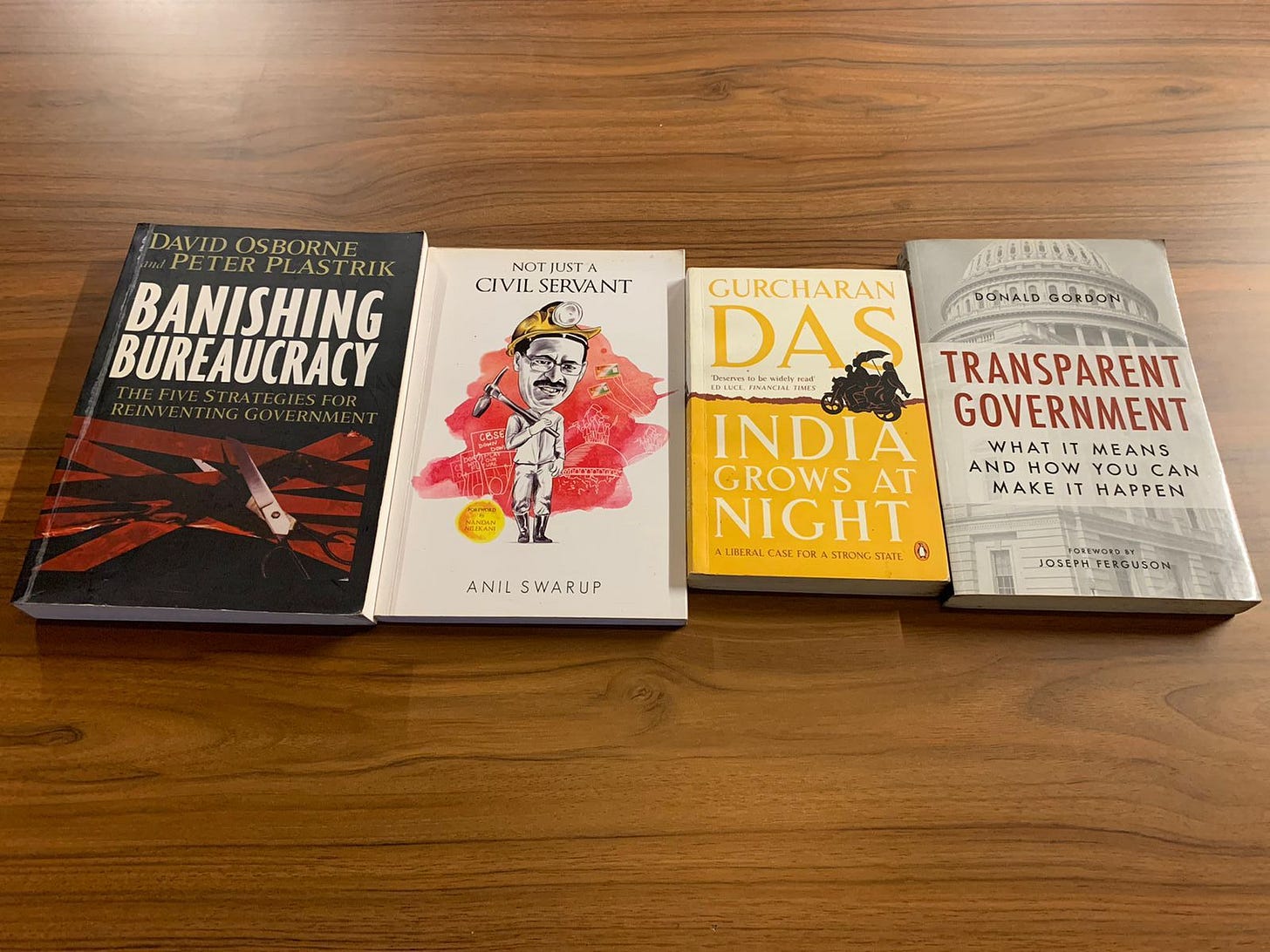A Bram Stoker-Inspired Exploration of High-Tech Geopolitics...
“I was just gobsmacked,” Brian Clearly admits was his reaction when he first encountered a copy of this story at the National Library of Ireland.
While combing through the library’s archives, he caught sight of an 1891 ad in the Dublin Daily Express referencing a book published by famed Irish writer, Bram Stoker. The only curious element about it? It was a piece of writing never caught by any literary scholars, leading experts to eventually surmise that the serendipitously discovered book had “disappeared for more than a century”.
The short ghost story, titled Gibbet Hill, covers similar themes seen in Stoker’s famed work Dracula - the struggle between good and evil.
Over 130 years later, this newly discovered short story has now been ‘re-published’, with proceeds of its sale going to the Charlotte Stoker Fund, which supports research on deafness in newborns (named after Stoker’s mother, who was a known advocate for the deaf).
Much like our curious Mr. Clearly, Takshashila’s High-Tech Geopolitics Team is making an effort to scan through the proverbial ‘archives’ to discover the public’s view on how India should navigate the world of high-tech geopolitics.
Who knows where their curiosity will lead them, dear reader? The only way they’ll know is if you take 5 minutes (yes, only 5) to complete their Technopolitik: A Technology Geopolitics Survey seen here.
P.S.: If I’ve stoked a curiosity on this newly discovered story, you can purchase a copy for yourself here.
It’s NAST Season in Bengaluru!
We’ve kicked off the Academic Conference for the Network for Advanced Study of Technology Geopolitics Fellowship (NAST) in our very own Bengaluru, and you can catch some images from day one here.
The 2024-2025 cohort includes 21 impressive NAST fellows who will undertake research areas ranging from: artificial intelligence and bioeconomy to nuclear technologies and semiconductors.
Learn more about the Fellowship here.
NAST isn’t the only acronym we’re excited about - it’s time for a new issue of IPPR!
Indian Public Policy Review: The Public Finance Edition
Members of the Takshashila community are no strangers to our academic journal in public policy, the Indian Public Policy Review, or IPPR, as it is known fondly. We’re here to herald the release of a new issue of IPPR, this one with a distinctly public finance flavour.
Take a closer look at this carefully curated selection of papers on topics ranging from India’s subsidy bill, fiscal transfers and state healthcare spending, by following this link.
In the vein of reviews, this next section sees Takshashila Co-Founder make a case for reviewing the behaviour of the state.
The State of Statism in India…
In his recent column in The Mint, Takshashila Co-Founder, Narayan Ramachandran, makes his case for why the Indian state may be impeding the growth of the Indian economy, writing:
For decades, governments on both sides of the political aisle in India have harboured a deep suspicion of the private sector.
India’s hope of becoming an upper middle-income country cannot be realized in this environment of statism, because it will fail the cause of deepening prosperity throughout the population. Intricate rule-based regulation must give way to framework regulation.
To read an overview of his proposed recommendations for improvement (and to see what wisdom he borrows from the famed Adam Smith) follow this link.
As we speak of improvements, it’s possibly fitting that we take a closer look at the improvements that AI may bring for India’s economy.
How Can AI Serve Us? (Hint: This Heading Gives You a Clue)...
…through services, argue Takshashila Senior Scholar, Sridhar Krishna, and Research Analyst, Arindam Goswami. They also assert that upskilling and reskilling are the need of the hour, in order to adapt to an AI-driven economy:
The tasks AI is likely to replace will be determined by the progress of the technology but also by the return on investment, potential for harm, explainability and verifiability. Policymakers in India could look to the EU for some guidance here. We need areas of AI that may be unregulated if the potential for harm is negligible, while those with significant potential harm should, at the very least, be explainable or verifiable.
Take a deep dive into the analysis they present in their recent discussion document, AI Adoption: Think Tasks, Not Jobs.
Now that we’re done scrutinising India’s AI challenges, let’s turn to its pollution troubles next.
Pollution Solution? We May Have Insights for Delhi…
This week, Takshashila Head of the Geospatial Programme, Dr Y. Nithiyanandam has been in conversation with The New Indian Express to explore sustainable solutions to Delhi’s pollution problem.
Follow this link to listen to their discussion (including Nithiya’s views on what we can learn from Hong Kong’s example).
Since we’re on the solutions train, let’s make a stop at the next station: the state’s HR management issues.
We May Have Solutions for the State’s HR Management Issues…
“India's state apparatus has failed to reform itself at the pace its global aspirations demand,” writes Takshashila Research Associate with the Geoeconomics Programme, Anisree Suresh, in her recent blog where she broaches the topic of state capacity.
More specifically, she examines how to build it through effective human resource management practices:
If one looks closely at India's governance system, one can see it lacks the personnel to run effectively. While the challenges regarding human resource processes differ in each domain under the Government of India, the overarching issue remains the same - insufficient human capital and capability management.
But fear not, dear reader, for she comes bearing solutions.
First, using fellowships as a means to bolster existing Ministry of External Affairs (MEA) hiring processes, second, taking a four-fold approach for intelligence agency hiring (recruitment, training, career progression and retention) and third, using a Human Capital Investment Model for lateral movement in India's national security system.
Take a closer look at her thoughtful arguments here.
While Anisree’s got us in listening mode, let’s hear what the ATP roster has for us this week.
M-O-R-E About AMR…
This week’s All Things Policy (ATP) episode of the week features none other than Takshashila’s Head of Research and Chairperson of our Advanced Biology Programme, Dr. Shambhavi Naik, discussing Antimicrobial resistance, or AMR.
Join us in listening to her insightful discussion with Takshashila Research Analyst, Vanshika Saraf, where they cover everything from the origin of AMR and bacteria’s capacity to transfer antimicrobial resistance to other bacteria, to India’s role as the largest vaccine producer in the world.
Follow this link to listen in!
Let’s meander over to the virtual ‘tabletop’ next to see what we recommend for reading this week?
Takshashila Tabletop Trove!
For regular readers of the Dispatch, this section needs no introduction, but for our newer viewers, I’ll have you know that this section is intended to be a digital repository of the books that sit in Takshashila’s physical office space in Bengaluru, Karnataka. So what’s this week’s book theme? Read on!
In keeping with this Dispatch’s scrutiny of the state, this week’s theme is: Bane of Bureaucracy? In that vein, we recommend the following books:
Banishing Bureaucracy (David Osborne and Peter Plastrik)
Not Just a Civil Servant (Anil Swarup)
India Grows at Night (Gurcharan Das)
Transparent Government: What It Means and How You Can Make It Happen (Donald Gordon)
This edition of the Dispatch was written by Kripa Koshy, Programme Manager for Takshashila’s Post Graduate Programme in Public Policy.



